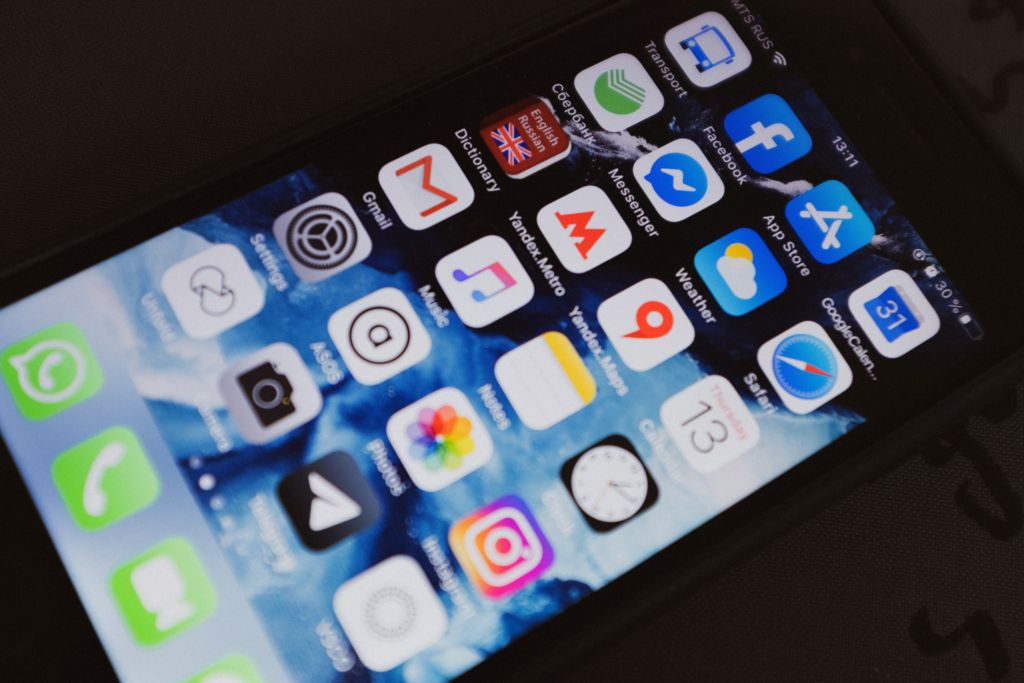
During a communications crisis, the rapid release of information can lead to the spread of misinformation, which can harm an organization’s reputation, create panic, and complicate crisis management efforts.
Most organizations have a social media policy for employees about discussing workplace information. A crisis will surely test that policy.
If the crisis concerns safety and security at a factory, retail store or office, employees will likely post regardless of company rules. A fire or violence at a facility may prompt employees to send both an ”I’m safe” message and also comment on early suspicions on what may have caused the incident. Other than “I’m safe”, this may or not be accurate information. If an employee encounters a reporter outside the facility, chances are there will be a conversation instead of deferring to management response.
Based upon our experience, if the crisis concerns a breach, a whistle blower, an ethical lapse or financial impropriety, team members may be less willing to put a comment on social media.
In a 2023 example, Tesla employees posted false information about a new model’s safety features on social media. The misinformation spread quickly, causing confusion among potential buyers and stakeholders. Tesla had to issue multiple statements to clarify the situation and reassure the public about the safety of their vehicles. This isn’t an isolated incident. More often than not, much of the early information in a crisis is spread from employee social media accounts.
Whether you have a written policy or not, drilling on social media use is an important part of crisis preparation. During PressureTest Simulations that test team readiness, we add elements about employees who share information—both accurate and inaccurate—on their personal social media accounts.
Here are crisis social media preparation suggestions:
- Comprehensive Social Media Policies: Policies should clearly outline what employees can and cannot share, especially during a crisis. They should also include guidelines on how to verify information before posting.
- Training and Education: Regular training sessions can help employees understand the importance of responsible social media use. These sessions should cover the potential impacts of misinformation and the importance of aligning with the organization’s official communications.
- Crisis Communication Plans: As part of a robust crisis communication plan that includes social media strategies and real time monitoring., specific individuals or teams should be responsible for monitoring and rapid response social media activity.
After the Crisis: Be cautious about punitive enforcement of social media rules. Use the opportunity as a teachable moment about how to use social media in a crisis. The employee comment may have assisted in ameliorating a dangerous situation or given information to family and friends.
While we can’t stop the early spread of information during a crisis, these steps can help mitigate the risks.
Photo by Unsplash
Contact our Crisis Communications Trainers & Consultants
Connect with the right team member to help with your specific crisis communications challenge.
To schedule a call or get answers quickly use our contact form. We can also be reached at (202) 659-4177 or info@yesandcommcore.com.


